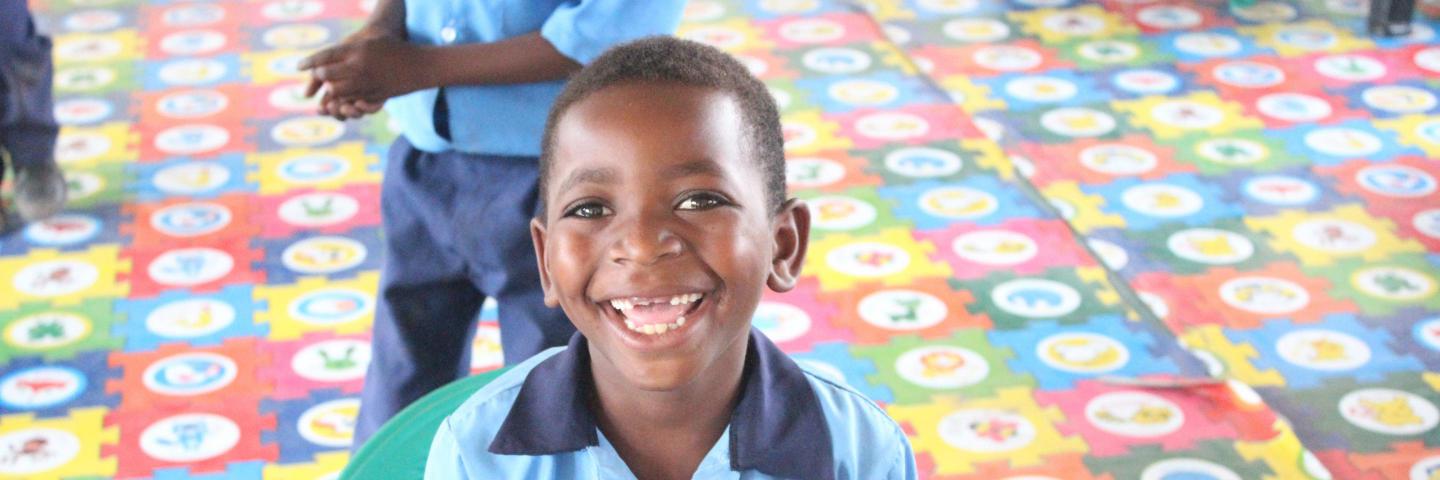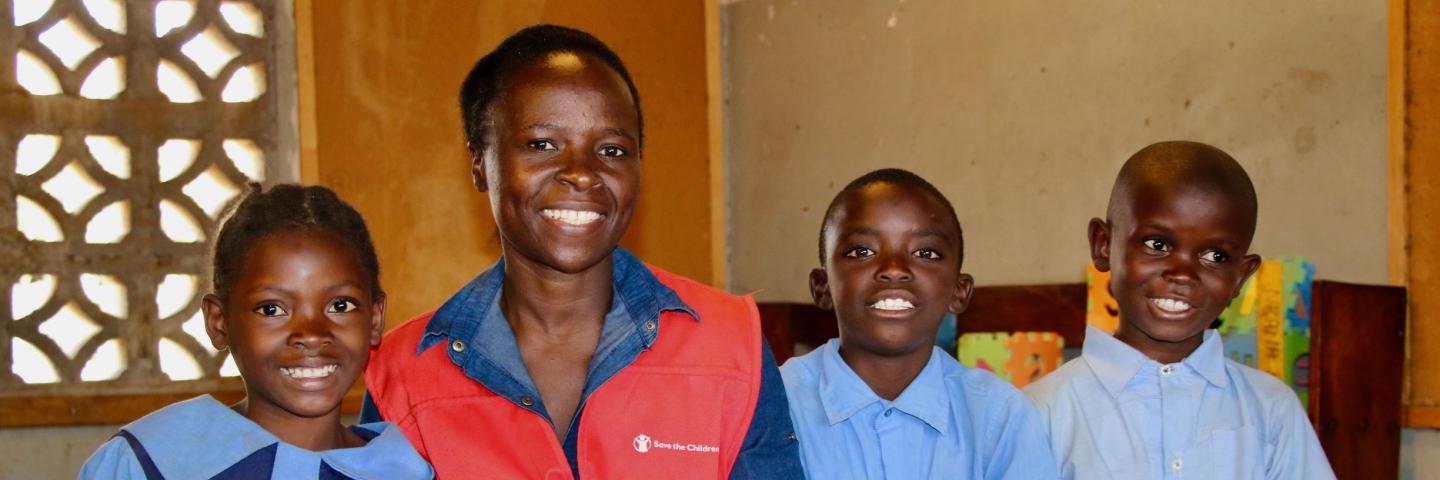

Many children in Zambia lack access to quality education. Only one in three children complete early childhood education, and 65% of children in grade 2-3 are unable to read or write. As well, national budget allocations to education are too low, with early childhood education making up only 0.1% of the education sector budget. We aim to increase access to quality, inclusive education with a focus on early childhood and lower basic education.
Our education work will:
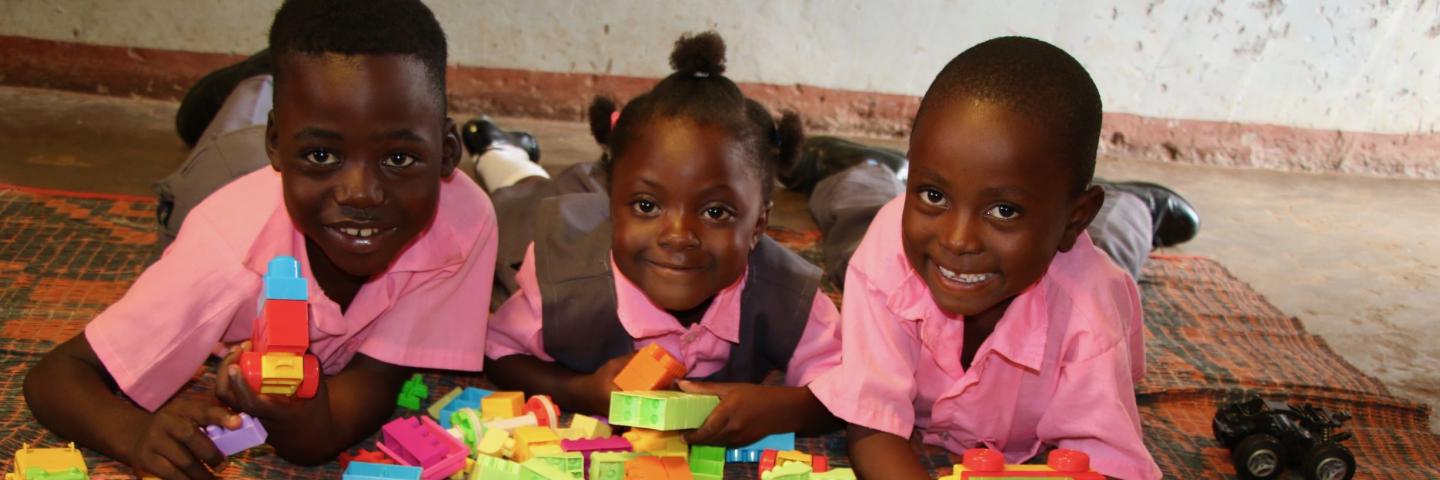
We focus on the most marginalised and deprived children in rural parts of Western, Muchinga, North Western, Copperbelt and Luapula provinces. We work with children that are living with a disability, children living with HIV/AIDS, orphans, girls, migrant and refugee children, children who belong to minority groups because of their race, language or religion, children involved in the labour market or domestic work, children living in rural and remote communities, as well as children who belong to disadvantaged families.
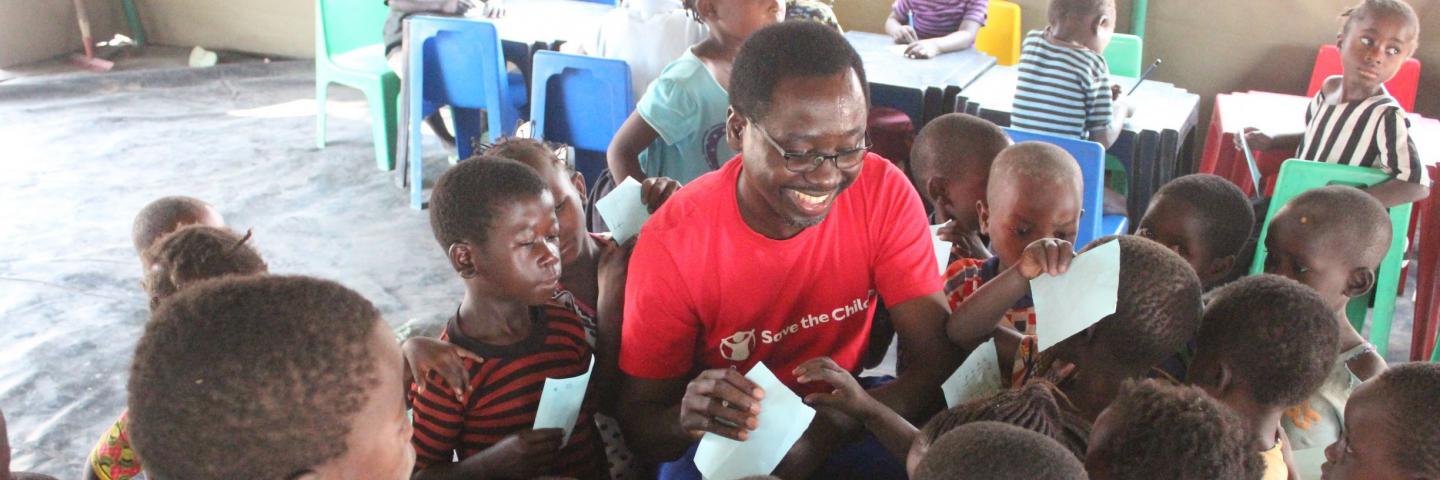
Be the voice:
Innovation:
Achieve results at scale:
Build partnerships:
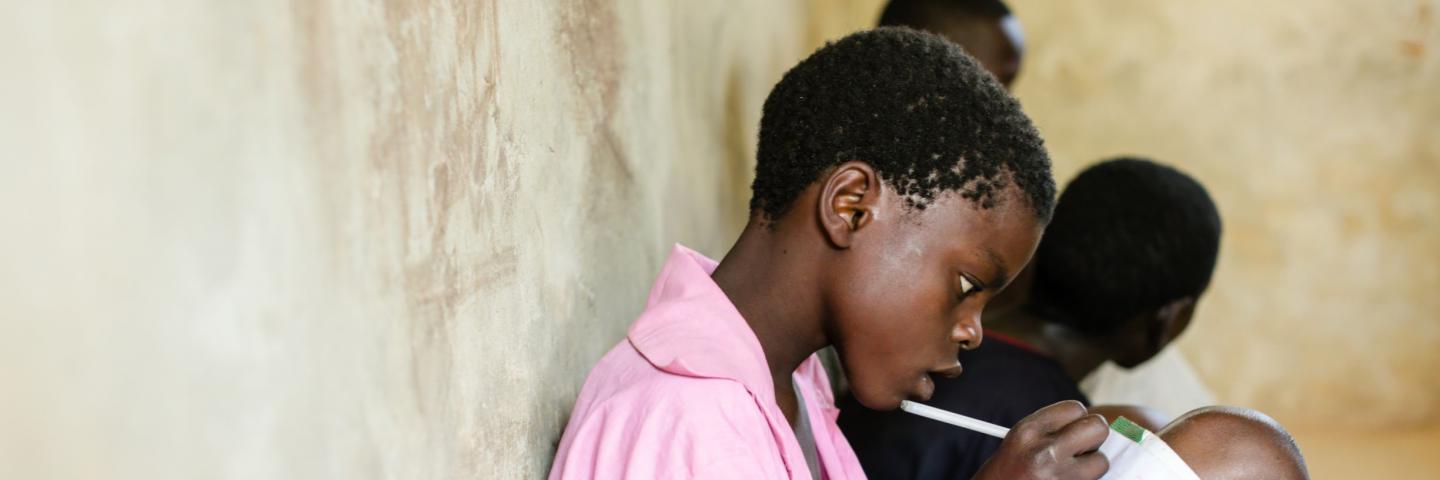
Save the Children has collaborated with the Ministry of General Education to scale up our evidence-based approaches, and pioneer high impact and low cost interventions in Zambia, such as:
These approaches have been delivered at national level where we have supported the Ministry of General Education in the development of the early childhood care and development education curriculum, policy, supplementary materials and rolling out of the standard guidelines and monitoring tools. Our support has also extended to civil society organisations in raising awareness on the importance of early childhood care and development education and the need to generate demand by the communities.
